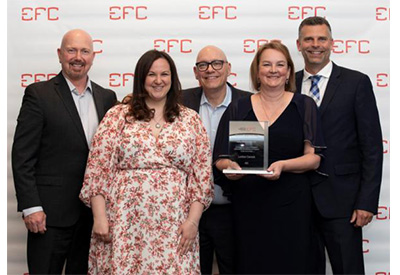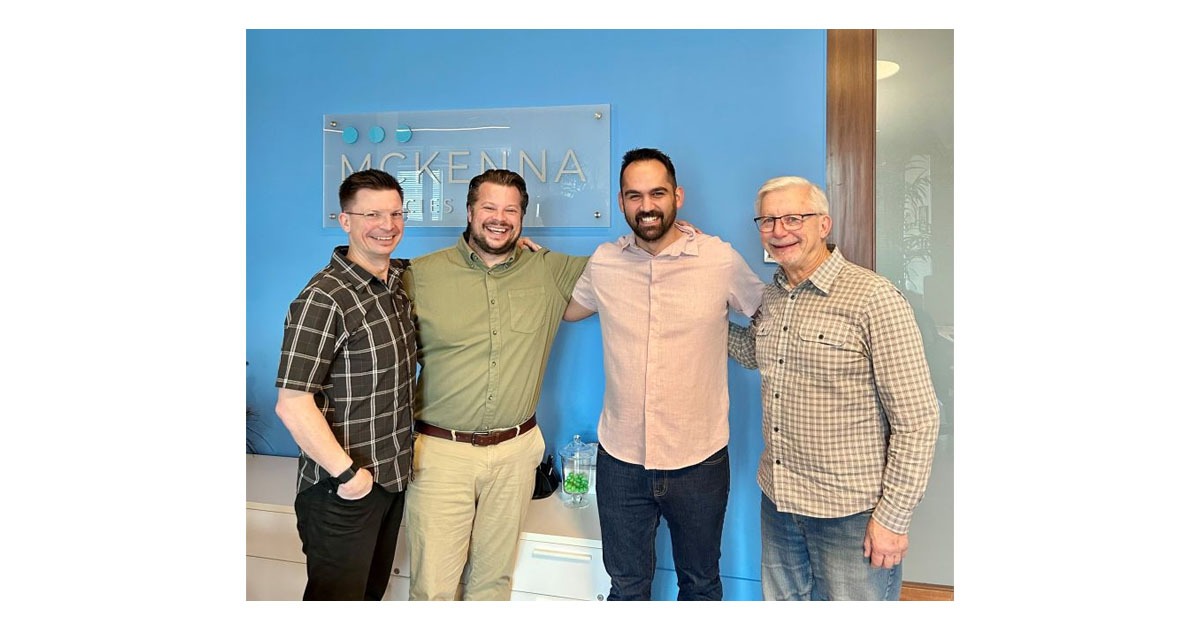Agility: Knowing Your Competition

March 15 2016
It is interesting how we measure people’s ability. Today, we look at leaders’ education, their IQ, their creativity and their ability to make positive change. This is all based on solid facts, either accredited or publicly proven. Success comes from hard work, determination and innovation.
Back in Ancient Rome, people’s fates played a bigger role than determination. A person was judged more on their sense of destiny rather than their ability. One of the best qualities a person could have was not education or IQ, but simply, luck. One of the “luckiest” people in the ancient world was Julius Caesar.
Today, we understand that luck aside, Julius Caesar’s real strength was in his ability to understand and measure his competition. He was able to conquer all of what is now France by understanding his enemies and playing them against one another, taking them on one at a time until all of France was in his control.
An example of Caesar’s ability to understand his competition was his battle against a fellow Roman, Pompey the Great. The two were fighting for control over Rome, and in 48 BC they found themselves and their armies face to face on the Greek peninsula. Caesar was outnumbered and cornered. He was running out of money and food. In fact, his well-seasoned and loyal troops were said to be living on grass and mud. Pompey, who represented the elite Roman Senate, had all the wealth and the aristocracy behind him. That also included Caesar’s former General in France, Titus Labienus.
Labienus had fought with Caesar in France. He was a well-trained and traditional soldier who favoured cavalry and bold moves. On many occasions, Caesar had held Labienus back in battles in France. Labienus felt that much of the success in France was due to his own efforts, but Caesar had received all of the credit. He was jealous of Caesar and was out to prove that he was the better soldier.
Pompey and Labienus had triple the number of soldiers than Caesar did; all were well fed and well equipped. They especially outnumbered Caesar in men on horses, something no doubt Labienus had designed.
But… Caesar knew Labienus’ and Pompey’s strengths and weaknesses.
Anyone who has seen Mel Gibson’s “Braveheart” can picture what happened next. Labienus sent his 6,000 cavalry to attack behind Caesar’s right side. Like the Scots in “Braveheart,” at the last moment the foot soldiers lifted up their long spears to decimate Labienus’ cavalry attack. That sent the troops retreating back behind their own line and Caesar followed, taking out Pompey’s archers in the process. The lines of the two armies met. Pompey’s troops still outnumbered Caesar’s, but they were less experienced and more were held in reserve behind the main line. Caesar’s line matched the width of Pompey’s line, but with less reserve. That meant Caesar’s more experienced and agile troops lined up to match Pompey’s less experienced troops one on one.
Though it may not have been sustainable, Caesar had the initial edge with the experienced troops. Meanwhile, Caesar’s other troops were chasing Labienus’ cavalry around Pompey’s left flank. The majority of Pompey’s troops were about to be caught in the middle, being surrounded by their own men and unable to fight. Pompey’s line was forced back; the retreat quickly turned into a run. Within an hour of the initial start of the battle, Julius Caesar was dining in Pompey’s tent and the power and wealth of all Rome was his.
What this battle shows our industry is whether you are a big or small company, understanding your competitor and having the flexibility to adapt to change are key to making your own luck and destiny.
Rick McCarten is VP, Operations, Electro-Federation Canada. Read his previous articles in this series:
Read more in Canadian Electrical Wholesaler by Rick McCarten
Should Distributors Sell Robots?
Agility: Knowing Your Competition
The Big Picture
Could our Industry Lose the Lighting Market?
Adapting to the Future with Young Talent
If Your Customers Can See More, You Might Want to Help Them See Even Further
Health and Sciences Could take a Lesson from the Electrical Industry
Change is About to Hit Our Industry
Challenges of the Digital Age
Agility: The Customer Landscape
Agility is the New Lean: Alexander Defeats the Persians
Agility is the New Lean
The Gap Between “Us” and “Them”
Our Industry Needs to Help Canada Skate to Where the Puck is











